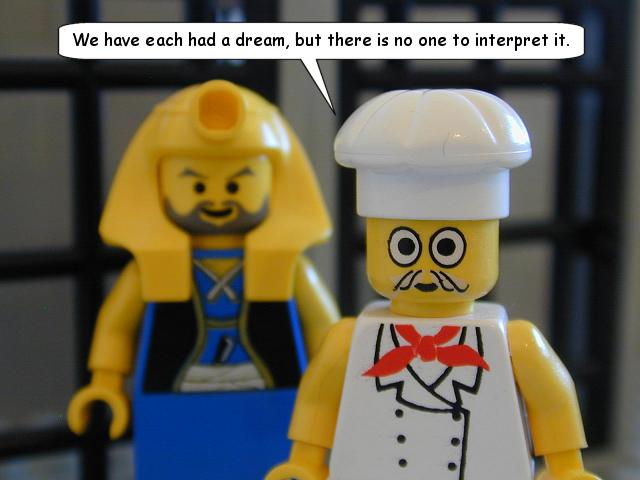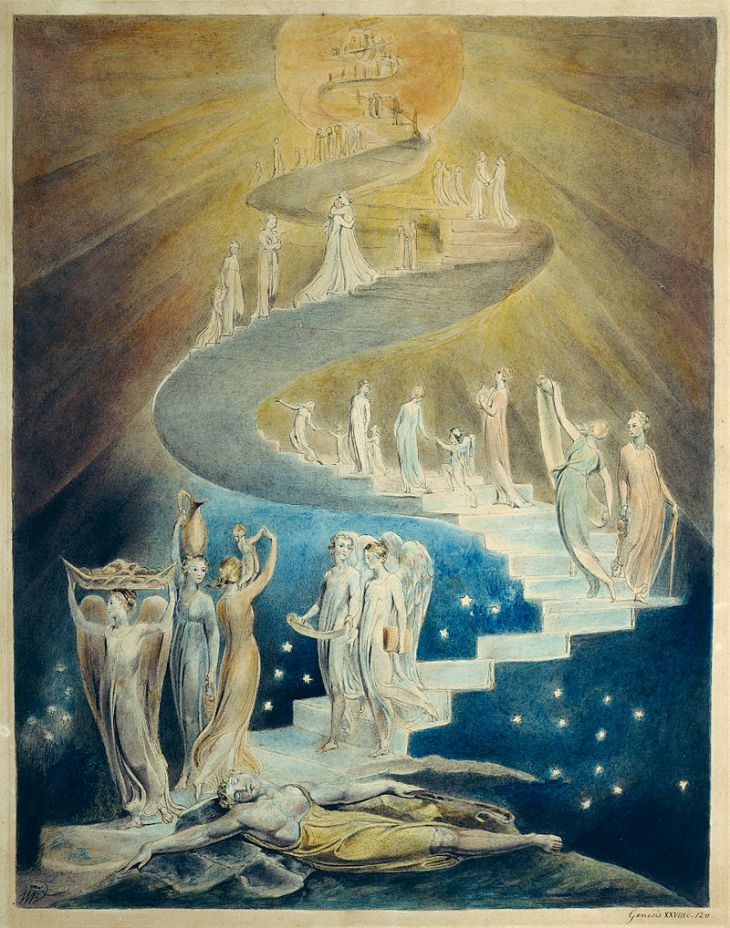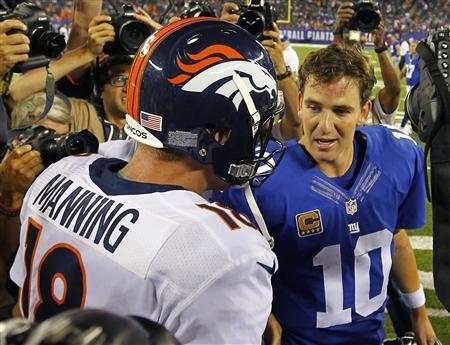 Abraham, Isaac, and Jacob are the Patriarchs of the Jewish faith. Jacob would have the twelve sons, Abraham’s great-grandsons, from which the twelve tribes of Israel get their names. Of these patriarchs Jacob is the one known for lies and deception. But did you notice what happened right after God’s covenant with Abram in Genesis 12?
Abraham, Isaac, and Jacob are the Patriarchs of the Jewish faith. Jacob would have the twelve sons, Abraham’s great-grandsons, from which the twelve tribes of Israel get their names. Of these patriarchs Jacob is the one known for lies and deception. But did you notice what happened right after God’s covenant with Abram in Genesis 12?
10 Now there was a famine in the land, and Abram went down to Egypt to live there for a while because the famine was severe. 11 As he was about to enter Egypt, he said to his wife Sarai, “I know what a beautiful woman you are.12 When the Egyptians see you, they will say, ‘This is his wife.’ Then they will kill me but will let you live. 13 Say you are my sister, so that I will be treated well for your sake and my life will be spared because of you.” (Genesis 12:10-13)
What just happened? Well . . . Abram lied. Sort of. The bizarre thing is that Pharaoh and his household faced consequences for thinking Sarai was an available woman and pursuing her as such.
Then in Genesis 20 the scenario repeats itself in Gerar with a King named Abimelek. This time the Lord came to Abimelek in a dream telling him the truth and warning him against taking Sarah, a married woman, and sparing him the consequences. He approaches Abraham.
11 Abraham replied, “I said to myself, ‘There is surely no fear of God in this place, and they will kill me because of my wife.’ 12 Besides, she really is my sister, the daughter of my father though not of my mother; and she became my wife. 13 And when God had me wander from my father’s household, I said to her, ‘This is how you can show your love to me: Everywhere we go, say of me, “He is my brother.”’” (Genesis 20:11-13)
Guess what happens in Genesis 26? Isaac goes through the same situation almost verbatim! He has the same fear in the land of Gerar his dad had, he lies about his wife Rebekah, and Abimelek king of the Philistines is once again the victim of deceit.
So the deceiving ways of Jacob are not totally foreign to his father Isaac and his grandfather Abraham.
I bring this up today to say one thing about Bible study. There are two ways to read the events of The Great Story. We have to ask, is this prescriptive or descriptive?
Prescriptive means we should read something with value attached, with positive enforcement, as if the writer is saying, “This is the way it should be,” prescribing a way of life or character. Example: The Ten Commandments or the Sermon on the Mount.
Descriptive refers to those events described or classified without expressing feelings or judgment. The writer is simply describing what happened, not saying, “This is the way it should be.”
When we see Abraham deceiving kings and God still having his back we can mistakenly think God approves of these events. Really its just further evidence that the Patriarchs are human and that God is redemptive.
 This Sunday, we will conclude the preaching series “Origins.” We have been journeying through some of the great stories of Genesis such as Creation, Fall, and learning of God’s good plan with Abraham. We will conclude with the story of Joseph.
This Sunday, we will conclude the preaching series “Origins.” We have been journeying through some of the great stories of Genesis such as Creation, Fall, and learning of God’s good plan with Abraham. We will conclude with the story of Joseph.

 meaning, why use a dream in the first place?” But not Joseph’s God. Joseph’s God wanted to be consulted. He was waiting to shed light, revelation, upon reality. The God of Israel would ultimately reveal Himself in the Person of Jesus Christ, “the visible image of the invisible God” (Colossians 1:15), but this has always been who God is. He wants to be known, revealed, seen, understood. So, today I invite you…
meaning, why use a dream in the first place?” But not Joseph’s God. Joseph’s God wanted to be consulted. He was waiting to shed light, revelation, upon reality. The God of Israel would ultimately reveal Himself in the Person of Jesus Christ, “the visible image of the invisible God” (Colossians 1:15), but this has always been who God is. He wants to be known, revealed, seen, understood. So, today I invite you…







